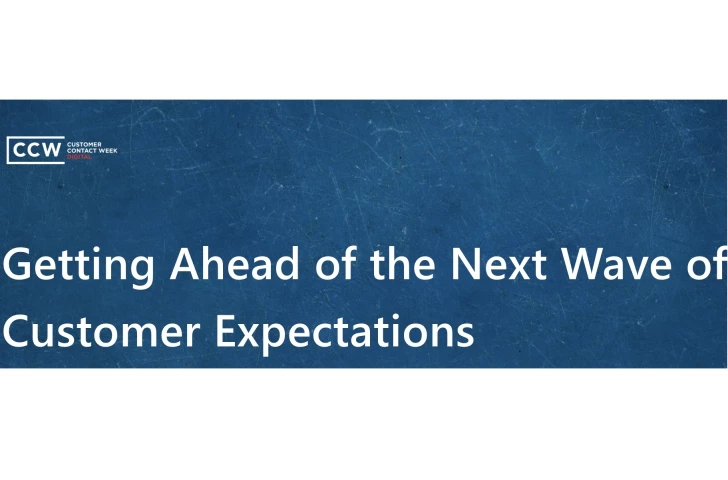Cookies Are Being Phased Out: What It Means For Customers
Add bookmark
Personalization is critical in the digital age. Customers want companies to recognize them at every touchpoint, sharing accurate product recommendations and enticing discount codes in exchange for their continued loyalty.
But all of this personalization comes at a price — one that some customers find inherently invasive.
To collect this data, most companies rely on cookies to keep track of customers’ visits and moment-to-moment activity. Third-party cookies are stored on your device’s hard drive, and upon identifying your unique ID, companies gain access to things like your location, email address, and shopping history (all with your permission, of course).
But this established technology is being phased out, with all major browsers ridding their platforms of cookies by the end of 2022. With companies taking aim at improving transparency and authenticity in an attempt to please a more skeptical consumer, removing cookies may be a step in the right direction. Additionally, customers may actually be more willing to share their data in return for more personalized content.
Proactive Personalization
A new survey found that the majority of customers are seeking a more personalized experience, and they are willing to share their personal and preference data to receive it. But, they want this level of personalization to be derived from data they proactively choose to share.
What they find most off-putting is not the mere idea that companies collect their personal data but the fact that they do not feel they actively chose to provide it. While companies do consistently ask permission before collecting cookies, the nuisance of constant interruptions and banners forces many to click OK out of haste, rather than thoughtfulness.
Github CEO Nat Friedman amusingly described cookie banners, stating “It's like having a lawyer tap you on the shoulder every time you visit a new website,” and furthered, “This is like, you're gonna go play miniature golf, and you have to sign like a 25-page liability waiver to play.”
His description, though comical, has a point — customers are so used to these annoying consent waivers they actively click through them with little thought of what they’re actually asking of them. Because they feel so intrusive, Github has been ahead of the curve in ceasing its cookie collection.
While the CEO noted that the company has lost some visibility into how people are using the site, he justifies it by stating that you do not need an ‘all-seeing eye’ to build a great website.
There is something to be said about this less is more approach, since companies are so ingrained to assume that more data collection is always helpful. But finding a middle ground that allows customers to proactively share their own data while still giving companies the freedom to analyze and leverage that data is key to optimizing the customer experience.
What This Means For The Customer
The most imminent effect of cookies being phased out is the loss of targeted ads. As browsers eliminate third-party cookies, they will only be accessed on websites a customer explicitly visits for simple identification measures like whether a user is logged in.
Without third-party cookies, networks cannot spot individual users to provide targeted ads. This (hopefully) means the end of annoying repeat advertisements appearing on every website you visit for the next month.
However, it is obviously not the end of advertising as we know it. Google already has proposed plans in place to implement an FLoC standard on its browser. This allows interest-based advertising, simply explained as a cohort or group of users large enough to keep users anonymous to the companies targeting them.
This means that users will be identified by their broader interests, rather than the specific items they searched for.
Although this kind of grouping may seem less creepy on the surface, as companies lose the ability to actively track you as a user, it doesn’t necessarily keep visitors ‘anonymous’. It may even become more annoying as recommendations are based on generic group categories rather than personalized curations.
So while there are some positives of eliminating cookies, there is clearly work to be done to create a system that perfectly encapsulates the goals of both the customer and company. It appears there could be a better way to offer a more personalized approach if customers are actively opting in. Although it certainly would not work for everyone, it seems customers are seeking more of a mutual contract as they’ve grown increasingly skeptical of broad targeting that paints them more as a number than an individual.
Photo by Kaboompics PEXELS























